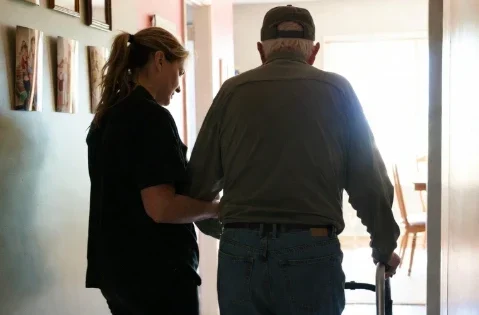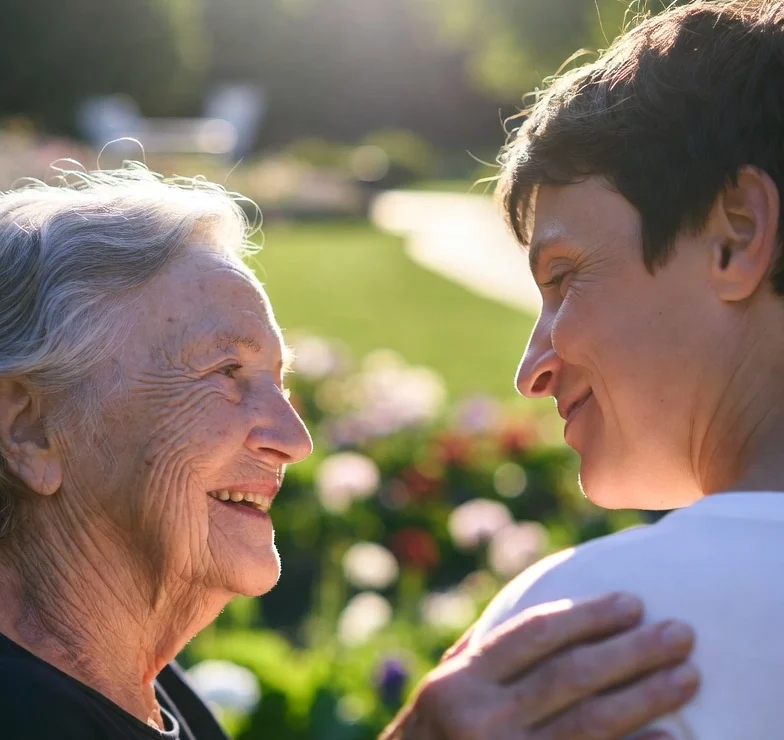The holidays serve an important purpose: they allow for time to relax surrounded by family and friends; provide us an opportunity to be introspective; and offer the perfect excuse to eat delicious food in a happy setting. For people with aging loved ones, however, the holiday season may surprisingly cause anxiety as a result of being with loved ones.
If you are someone with aging family members, the holidays are an ideal time to become cognizant about aging family members and proactive with regards to next steps. With the support from family and friends, you can take an honest look at the current health status of the older adults in your life and implement a plan of action. We’ve put together a list of the demonstrable signs of older adult decline that can help you discern your loved one’s needs.
Signs of older adult decline
Functional impairments:
Make the following exercises a family affair. See if your loved one can…
- Clasp their hands behind their head and their back.
If not, this may indicate an impaired ability to get dressed, do household chores, or bathe independently.
- Get up from a chair without using their hands for support.
If not, this may signal musculoskeletal decline.
- Stand on their tippy toes for at least 5 seconds.
If not, there may be issues with balance, a serious risk for falls.
- Pick up a penny that has dropped on the floor.
This test can indicate current vision, strength and balance capabilities.
Sensory and cognitive impairments:
Now, it’s on to some brain games. Use the following tests and tools to see how the sensory systems of your loved one (and even yourself!) are functioning.
- Whisper test: Pick a phrase (like The Grandma Rule) and whisper the phrase to the older adult you are assessing. Can they understand it and repeat it back to you?
- Following the directions to complete the simple Geriatric Depression Scale screening tool.
- Ask your loved one to explain their medication routine to you out loud.
- Confirm that your loved one has at least one emergency number readily accessible (and ideally memorized)
The information gleaned from the above activities is like gold for a healthcare provider. Be sure to share your assessment results with a trusted professional. No matter the outcome, try to remain positive. Perhaps, this is an opportunity for you to reconnect with the older adults in your life?
Let us help! Contact Alliance at 1-877-NURSE80 if your loved one is showing signs of decline and you are unsure what to do next. ‘Tis the season for caring.




